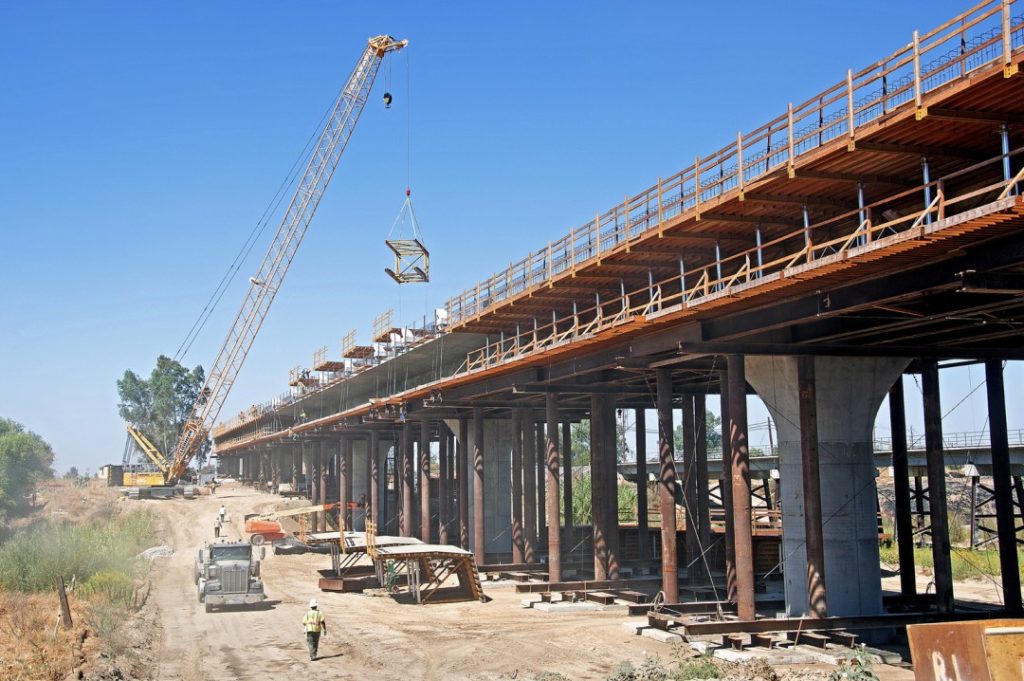Central Valley roiled by Newsom’s bullet-train plans, but some hopeful

Gov. Gavin Newsom’s announcement in his State of the State speech in February that he didn’t believe California had the resources to complete its $77 billion statewide bullet-train project produced a backlash that Newsom didn’t seem to expect. Within hours after the speech, his aides said the media was inaccurately reporting that Newsom’s only commitment was to build a $12.2 billion, 119-mile high-speed link between Merced and Bakersfield in the Central Valley and nothing more. They said he remained a supporter of the full project.
But nearly two months later, the initial reaction to Newsom’s speech remains the enduring takeaway for most Capitol watchers: He’s off the bullet train bandwagon. Building unions and green lawmakers who believe in the statewide project’s potential to help in the fight against climate change remain among the most upset.
Yet easily the most intense reaction is in the area where Newsom still wants the project to proceed: the Central Valley.
Coverage from The Bakersfield Californian, the Los Angeles Times and small newspapers in the region reflect anger over how the valley has been treated. Valuable farmland and family homes have been acquired with eminent domain for a project that no longer will link the area with the rest of the state – despite promises from Govs. Arnold Schwarzenegger and Jerry Brown.
‘My mouth was just open with shock’
“I don’t want to talk political because I don’t do it very well,” Fairmead resident Vickie Ortiz told the Times. “But you know, you had a governor that was pushing-pushing-pushing for the high-speed train, and we started getting used to the idea that we can’t stop a train but maybe we can use it to help the community. But then you get another governor and he says: ‘No, I don’t want to do that any more.’ My mouth was just open with shock.”
In the Antelope Valley Press, retiree Bill Deaver, a former official in the Federal Railroad Administration, blasted the “politics and ignorance” of project critics who he blamed for Newsom’s decision.
“Politicians used [high-speed rail] to score political points rather than supporting something that will be able to handle huge increases in traffic projected in coming years. That sort of behavior is one of the biggest barriers to progress.”
Newsom’s decision didn’t surprise some in the Central Valley who never believed a statewide bullet train would get built. “People lost their homes and businesses. And for what?” Visalia farmer Randy Van Eyk told the Times.
Some see commitment to help region
But other remarks the governor made about the Central Valley have resonated more positively – and created an expectation that he will do more than past governors to help the region.
“The people of the Central Valley endure the worst air pollution in America as well as some of the longest commutes. And they have suffered too many years of neglect from policymakers here in Sacramento. They deserve better,” Newsom said in the same speech in which he outlined his views on the bullet-train project’s future.
Bakersfield Californian columnist Robert Price said if Newsom was serious, he should help Kern County diversify its economy away from “two industries under assault in the Central Valley: agriculture and, especially, oil and gas.”
Anna Smith, another columnist for the Californian, also said Newsom should promote economic diversification. But she also called on him to address the Central Valley’s social ills, including “high rates of illiteracy and obesity, lack of access to quality education and health care (especially in rural communities), water contamination and extreme poverty.”
Chris Reed
Chris Reed is a regular contributor to Cal Watchdog. Reed is an editorial writer for U-T San Diego. Before joining the U-T in July 2005, he was the opinion-page columns editor and wrote the featured weekly Unspin column for The Orange County Register. Reed was on the national board of the Association of Opinion Page Editors from 2003-2005. From 2000 to 2005, Reed made more than 100 appearances as a featured news analyst on Los Angeles-area National Public Radio affiliate KPCC-FM. From 1990 to 1998, Reed was an editor, metro columnist and film critic at the Inland Valley Daily Bulletin in Ontario. Reed has a political science degree from the University of Hawaii (Hilo campus), where he edited the student newspaper, the Vulcan News, his senior year. He is on Twitter: @chrisreed99.
Related Articles
Green Energy Bill Headed to Gov.
MARCH 30, 2011 By KATY GRIMES A bill that would increase California’s energy costs by $7 billion finally made it
Workers' Comp officials reprimanded
MAY 13, 2010 By KATY GRIMES Mention workers’ compensation reform in a crowd, and eyes immediately glaze over. It can
Caltrans releases optimistic, costly five-year plan to find thousands of lost holes
Caltrans finally provided a cost estimate for its plan to find and possibly seal thousands of improperly drilled holes throughout the state,



